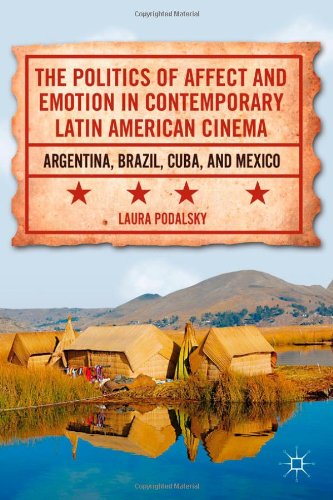

Most ebook files are in PDF format, so you can easily read them using various software such as Foxit Reader or directly on the Google Chrome browser.
Some ebook files are released by publishers in other formats such as .awz, .mobi, .epub, .fb2, etc. You may need to install specific software to read these formats on mobile/PC, such as Calibre.
Please read the tutorial at this link: https://ebookbell.com/faq
We offer FREE conversion to the popular formats you request; however, this may take some time. Therefore, right after payment, please email us, and we will try to provide the service as quickly as possible.
For some exceptional file formats or broken links (if any), please refrain from opening any disputes. Instead, email us first, and we will try to assist within a maximum of 6 hours.
EbookBell Team

5.0
38 reviewsThe author examines some of the most significant trends in contemporary Latin American filmmaking, including the emergence of the thriller as a preferred genre to address the legacies of the 1960s and 1970s; the rise of “youth” films about globally-connected and disaffected young adults; and the proliferation of transnational productions by “traveling” filmmakers that encourage audiences to feel for “others.”
The book features close textual analysis of individual films from Argentina, Brazil, Chile, Cuba, and Mexico as well as commentary on the changing structure of Latin American film industries. It frames those analyses within a discussion of recent critical and theoretical debates about affect, sentimentalism and compassion, particularly as they relate to film.